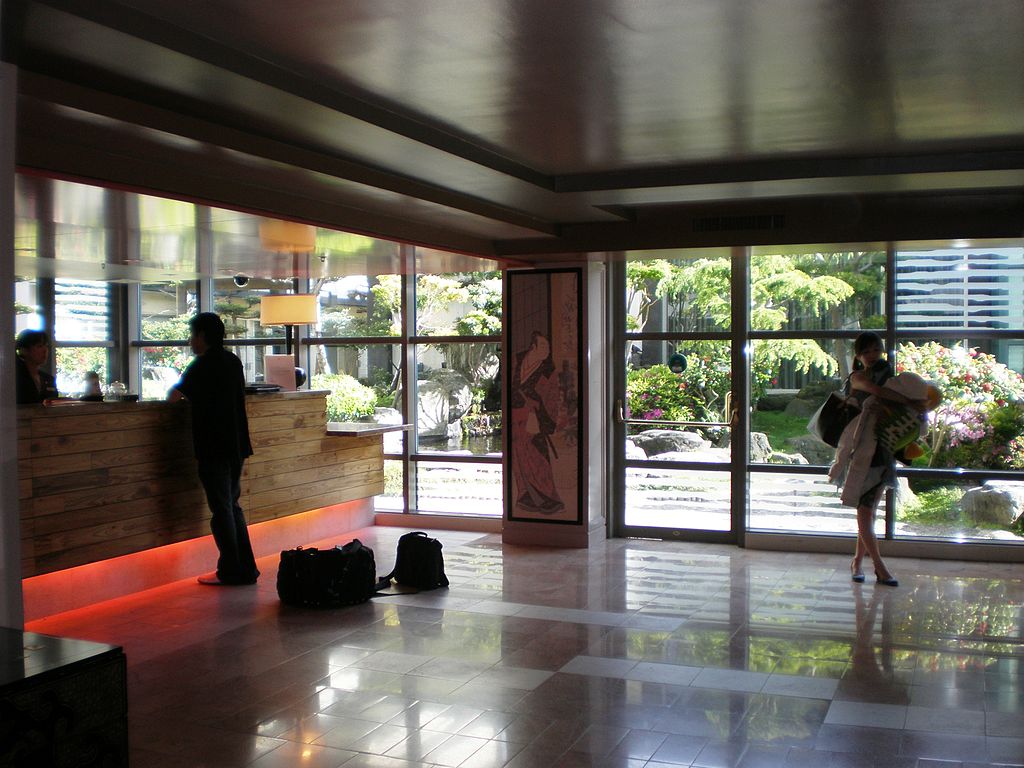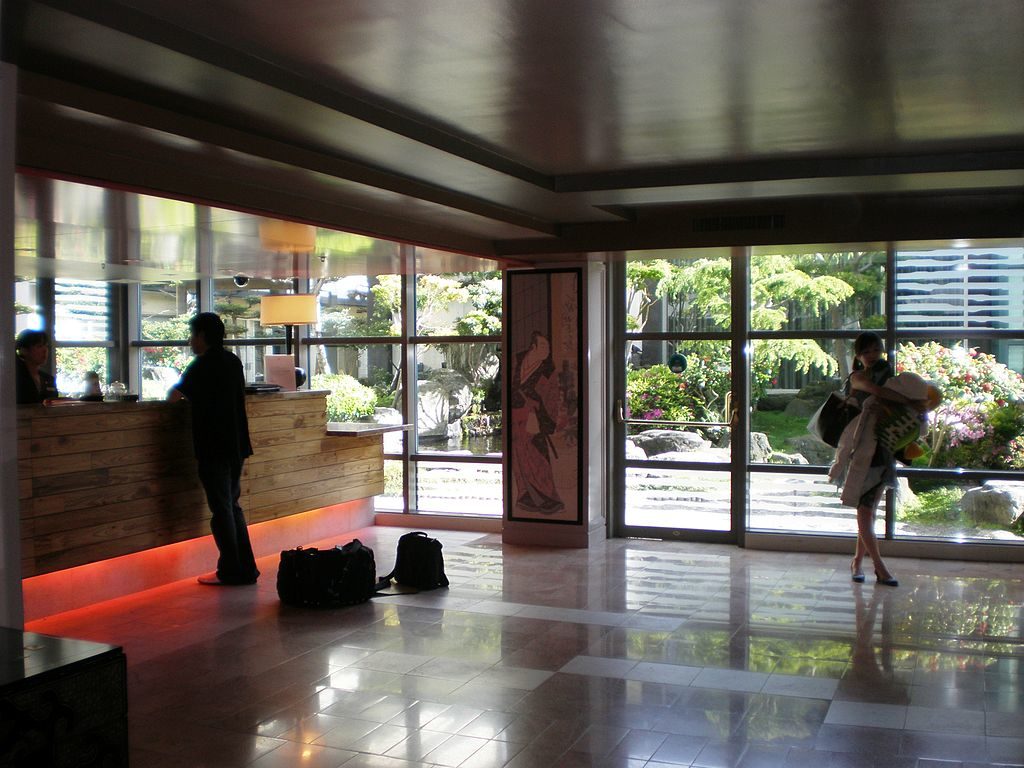
If you are a hotelier, you will know how important it is that if your productivity and guest satisfaction levels rise, so will your profitability. One key way to achieve that, and to monitor it, is through the work of an online reputation management company.
Why Reviews Matter
In February 2010, eMarketer reported that customers trust reviews 12 times more than official descriptions. That is huge! And we now also know that most people look up these reviews online. So much so, in fact, that entire websites are dedicated to it.
Online Reputation Management (ORM) for Hotels
Hotels need to engage in ORM by analyzing their customers’ feelings, looking at guest reviews. Often, algorithms are created for this, which comes up with quantifiable data and metrics that can be used to improve the current situation. These algorithms are very powerful and create scores based on customer reviews, while at the same time taking into consideration:
- The age of the reviewer.
- How often they have left review.
- What the source of the review is.
- What the preferences of the guest were.
This is hugely important data that can tell a hotel where they are doing well, and where they need to improve. In August 2010, Channel Advisor’s ‘Consumer Shopping Habits Survey’ demonstrated that customer reviews influence 83% of all shoppers! Meanwhile, in November 2012, Late Rooms reported that 35% of people looking for a hotel room will only do so after they have read positive reviews.
Of course, there are other challenges that hotels face as well, which is why they have to be so proactive. Data monitoring, however, is a key way in which to address all those challenges. Hence, a good hotel should have staff that monitors the internet, and particularly social media, an is proactive in spreading positive reviews about the establishment.
One of the key other challenges for hotels, however, is that of internet security. They handle very sensitive data and are therefore sometimes reluctant to have a strong online presence. However, a strong online presence instantly improves a reputation as well. Some of the things you should do, therefore, include:
- Checking reviews from all different sources.
- Having an ORM program in place so that reviews can be answered from a singular dashboard.
- Sharing negative reviews internally to improve services, and sharing positive ones externally to improve reputation.
- Collecting guest feedback as standard.
- Collecting data across a range of different data sets.
- Monitoring what the competition is doing.
Hotels live on their reputation. People who have never stayed in The Ritz, for instance, still know that it is expensive and of fantastic quality. It is about building a name like that of The Ritz, one where you ensure that if someone finds themselves stranded in a city, they will know that your hotel is available and that they will have a comfortable, high quality experience when they are there. That is reputation management.





